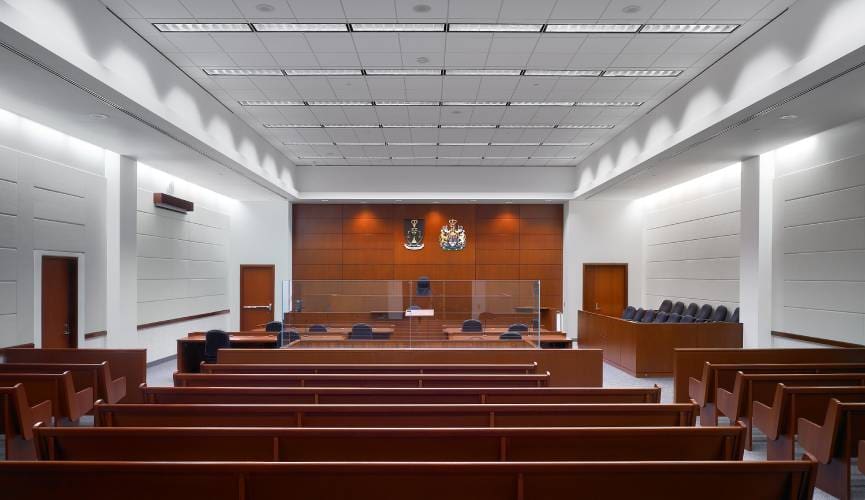The Role of a Surety in the Canadian Legal System
A surety plays a crucial role in the Canadian legal system, particularly in the bail process. A surety acts as a guarantor for an accused person, the surety ensures that the accused adheres to the terms of their release from custody.
What is a Surety?
In the context of Canadian law, a surety is an individual who agrees to take responsibility for another person who has been charged with a criminal offence.
The surety’s role is to ensure that the accused person appears in court as required and abides by the conditions set in their bail. Essentially, a surety is a person who promises to the court that the accused will not only attend all court proceedings but will also comply with other conditions, such as curfews or non-contact orders.
Responsibilities of a Surety
The responsibilities of a surety are significant and should not be taken lightly. As a surety, one must:
- Ensure the Accused’s Court Appearances: The primary duty is to ensure that the accused appears in court on the designated dates. Failure to do so can lead to serious consequences, including the potential forfeiture of any bail money or property pledged.
- Monitor the Accused: Sureties often need to keep a close eye on the accused to make sure they are adhering to the conditions of their bail. This might include monitoring their whereabouts and ensuring they do not contact certain individuals.
- Report Violations: If the accused fails to follow their bail conditions, the surety must report these violations to the authorities. Failing to report such breaches can result in legal repercussions for the surety.
Where the surety fails in their responsibilities and promises to the court any bond, money or property maybe forfeited.

Sureties: What Bail Money or Property Pledged?
Bail money or property pledged refers to the financial assurance given to the court that the surety will ensure the accused wadhere to the bail conditions and return for subsequent hearings. This can be in the form of:
- Cash Bail: A specific amount of money paid to the court to secure the accused’s release. This money is refunded if the accused complies with all the judicial conditions until the end of their case.
- Property Bond: Instead of cash, a surety might pledge property as collateral. If the accused fails to meet the conditions of their bail, the court has the authority to seize the pledged property.
These financial assurances act as a safeguard, ensuring that the accused has a strong incentive to comply with the court’s conditions.
Qualifications to be a Surety
To become a surety, one must meet certain criteria. Typically, a surety should be:
- At least 18 years old.
- A Canadian citizen or a resident of Canada.
- Capable of paying the bail amount set by the court, either through financial resources or by pledging property.
- Not currently serving as a surety for another person.
Courts also consider the surety’s relationship with the accused, their background, and their understanding of the responsibilities involved in being a surety.
Sureties: Conclusion
Being a surety is a serious commitment with substantial responsibilities.
It requires ensuring the accused adheres to their bail conditions and appears in court. Before agreeing to be a surety, it is essential to fully understand the obligations and ensure you are prepared to fulfill them.
If you are considering becoming a surety or need legal advice regarding the process, call and we can provide guidance tailored to your situation.

Nicholas Charitsis is a Toronto criminal lawyer focused on criminal defence in the Toronto and area courts.
Nick can be reached at 416-731-7113 24/7 to assist with bail hearings or being a surety.




Comments are closed.